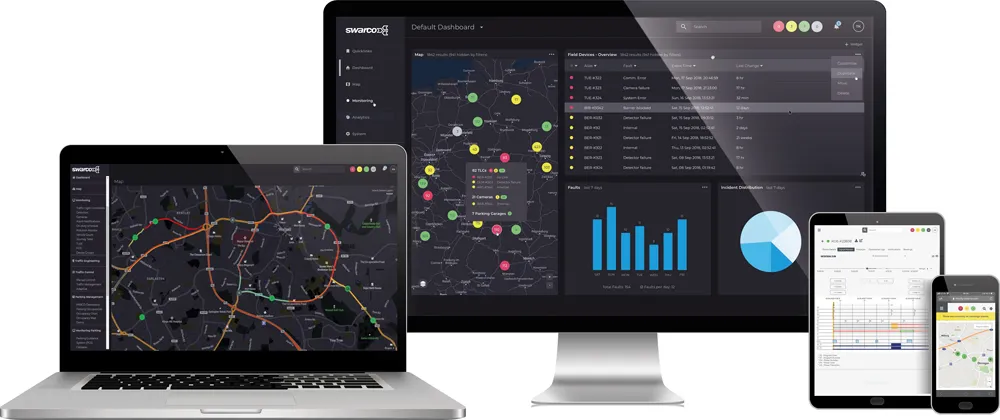UK parking technology specialist APT Skidata, a joint venture between Swarco and Skidata, has launched a feature that allows car park operators using an APT Skidata system to set individual parking tariffs according to the CO2 emissions of the vehicles.
The system uses ANPR cameras to identify and record each vehicle as it enters a car park and compare the license to a database that includes details around CO2 emissions. This enables car park operators to set tariffs according to CO2 emissions, effective
February 23, 2017
Read time: 1 min
UK parking technology specialist 1774 APT Skidata, a joint venture between 129 Swarco and 2226 Skidata, has launched a feature that allows car park operators using an APT Skidata system to set individual parking tariffs according to the CO2 emissions of the vehicles.
The system uses ANPR cameras to identify and record each vehicle as it enters a car park and compare the license to a database that includes details around CO2 emissions. This enables car park operators to set tariffs according to CO2 emissions, effectively rewarding users for driving more fuel-efficient vehicles, especially in busy town and city centres.
It also allows tariffs to be set to allow free parking for drivers of electric vehicles. All Skidata system users will be able to access this new feature and tailor their tariffs according to their environmental strategy.
The system uses ANPR cameras to identify and record each vehicle as it enters a car park and compare the license to a database that includes details around CO2 emissions. This enables car park operators to set tariffs according to CO2 emissions, effectively rewarding users for driving more fuel-efficient vehicles, especially in busy town and city centres.
It also allows tariffs to be set to allow free parking for drivers of electric vehicles. All Skidata system users will be able to access this new feature and tailor their tariffs according to their environmental strategy.









